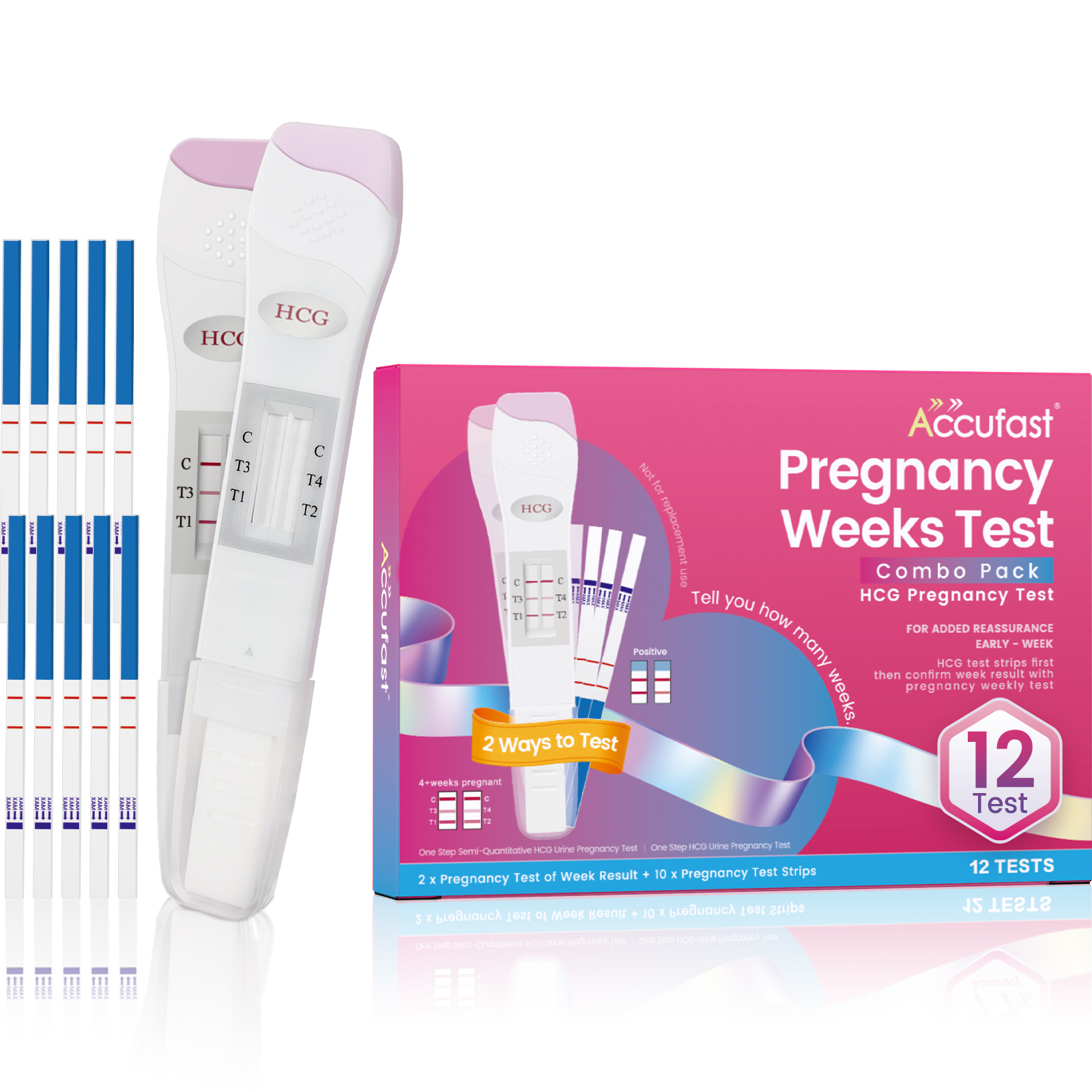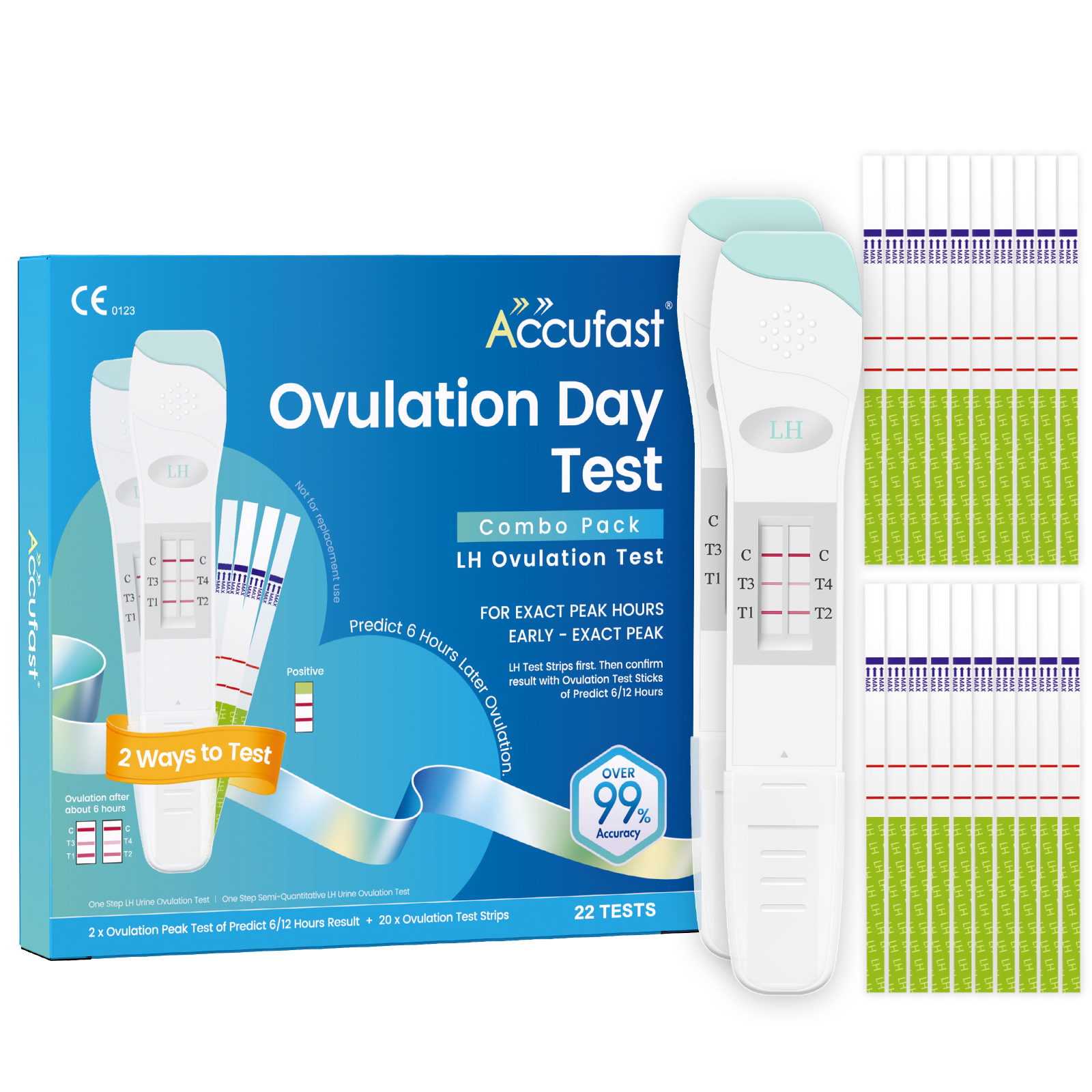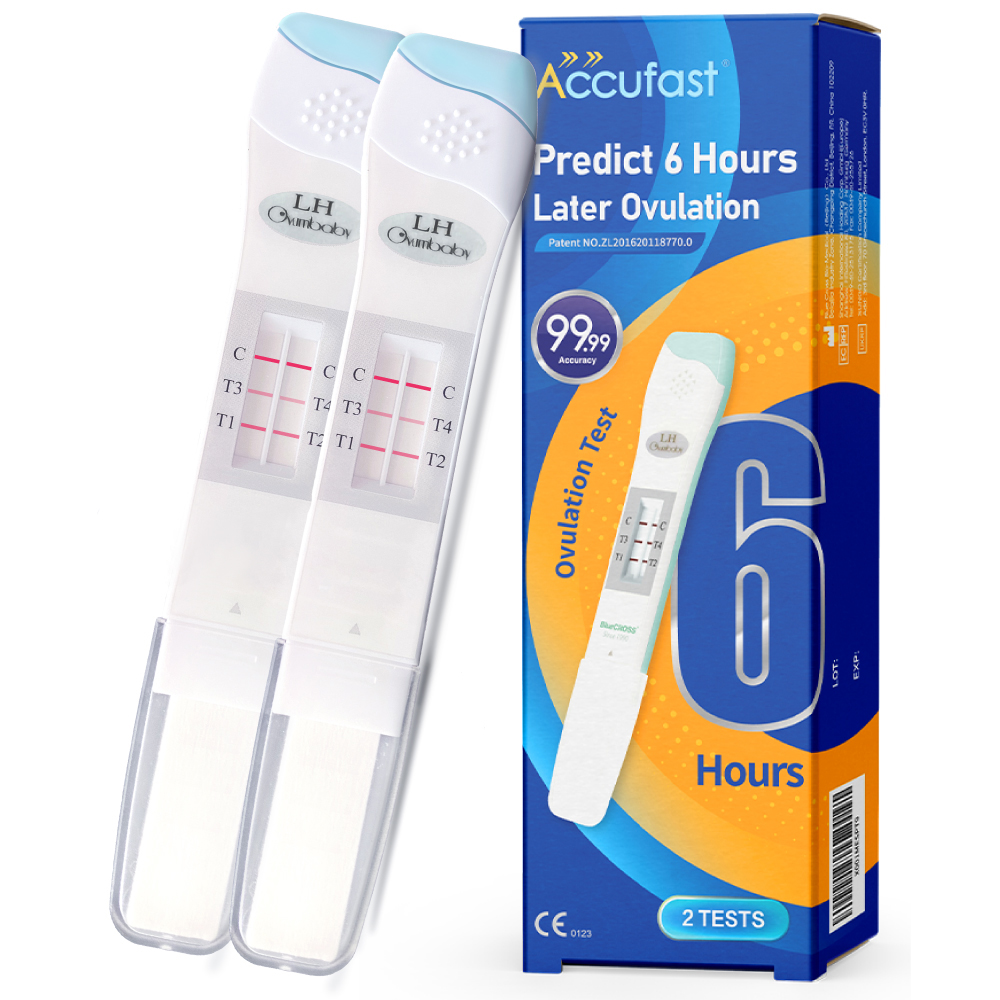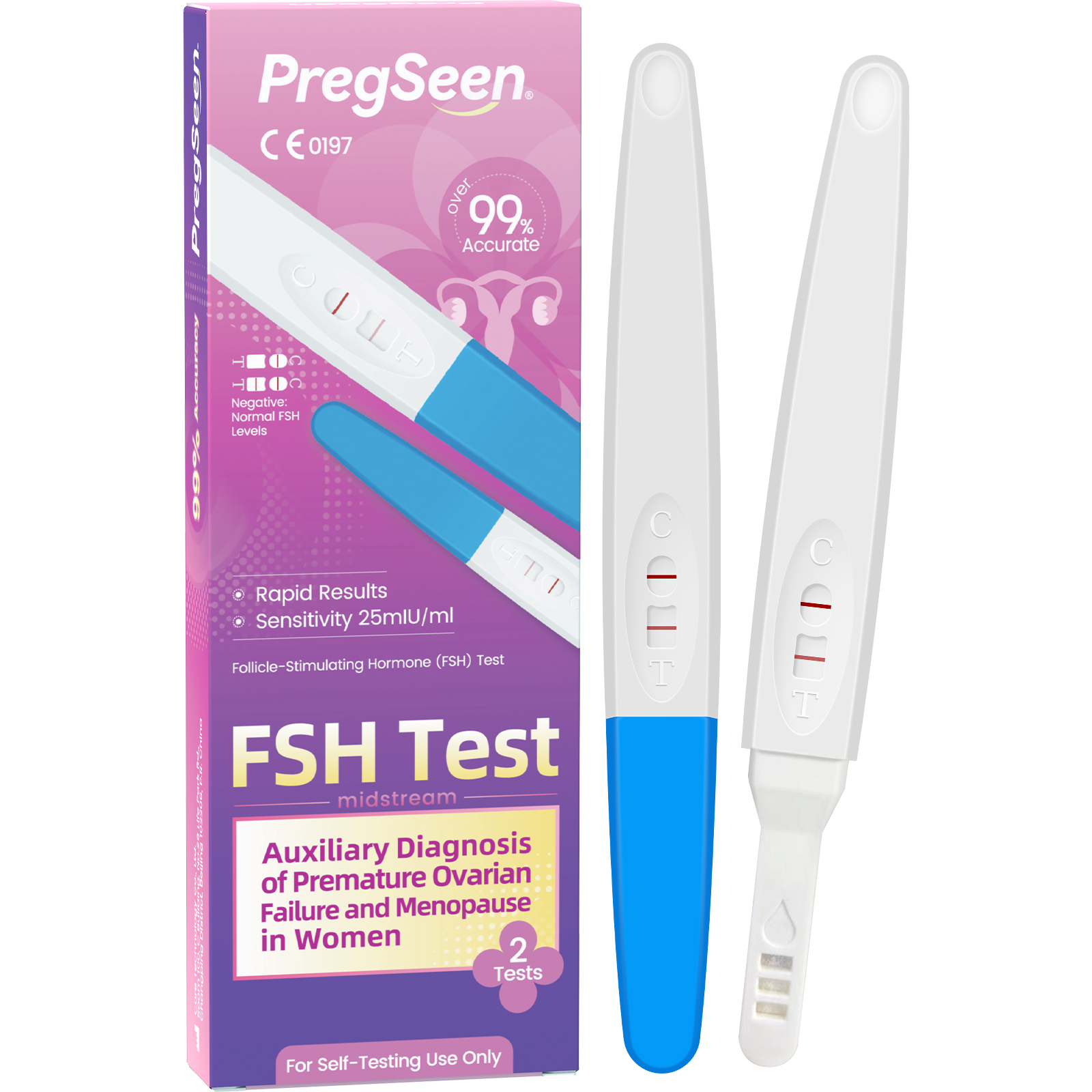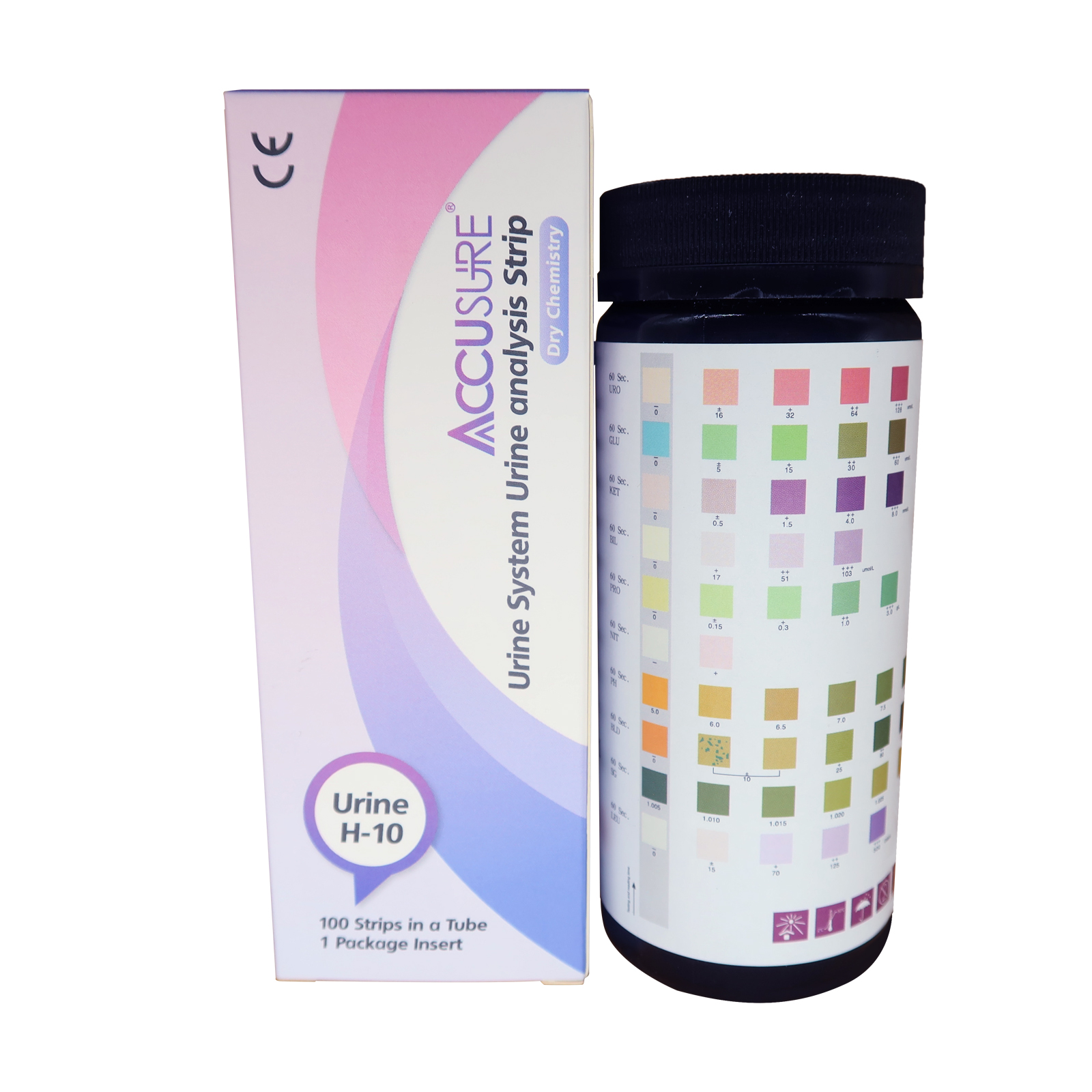10 Things That Help with Conception
Dec 04,2024 | ACCUFAST

Q: 10 Things That Help with Conception
A: Here are 10 things that can help with conception:
1. Understand the Menstrual Cycle:
- Knowing the menstrual cycle, especially the timing of ovulation, is crucial for conception. Understanding your own ovulation cycle can improve the timing of sexual activity.
2. Monitor Ovulation:
- Use ovulation test kits, track basal body temperature, or other methods to accurately monitor the ovulation cycle. This helps determine the optimal time for conception.
3. Maintain a Healthy Diet:
- Consuming a balanced diet with adequate vitamins, minerals, and dietary fiber is crucial for reproductive health.
4. Maintain a Healthy Weight:
- Both excessive weight gain and extreme thinness can affect fertility. Maintaining an appropriate weight is beneficial for promoting conception.
5. Regular Exercise:
- Moderate physical exercise helps maintain overall health, but excessive exercise may negatively impact fertility.
6. Avoid Excessive Stress:
- Prolonged high-stress levels can disrupt hormone balance and affect ovulation. Finding stress-relieving methods is important for increasing the chances of conception.
7.Quit Smoking and Limit Alcohol:
- Smoking and excessive alcohol intake are linked to reduced fertility. Quitting smoking and limiting alcohol are beneficial for increasing the chances of successful conception.
8. Avoid Harmful Substances:
- Avoid exposure to toxic substances and chemicals as they may have a negative impact on reproductive health.
9. Regular Check-ups:
- Regular check-ups help ensure that the body is in good condition. Gynecological exams for women and fertility health assessments for men are important.
10. Professional Consultation:
- If some time has passed without successful conception, consulting a professional doctor is advisable. Fertility specialists can provide a more in-depth assessment and recommendations.
Remember, everyone's fertility journey is unique. If you encounter any difficulties or have concerns, it's best to consult with healthcare professionals for personalized support and advice.











